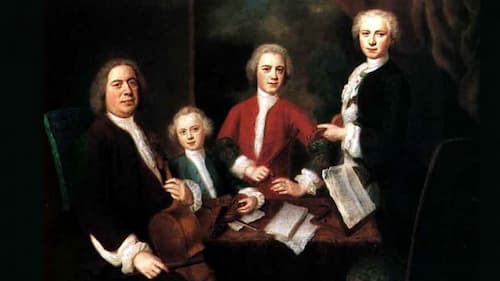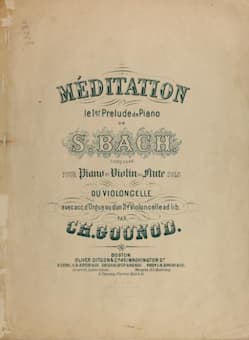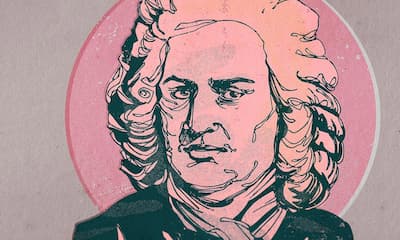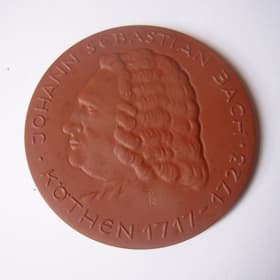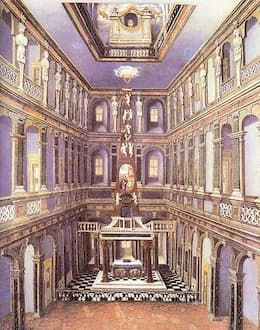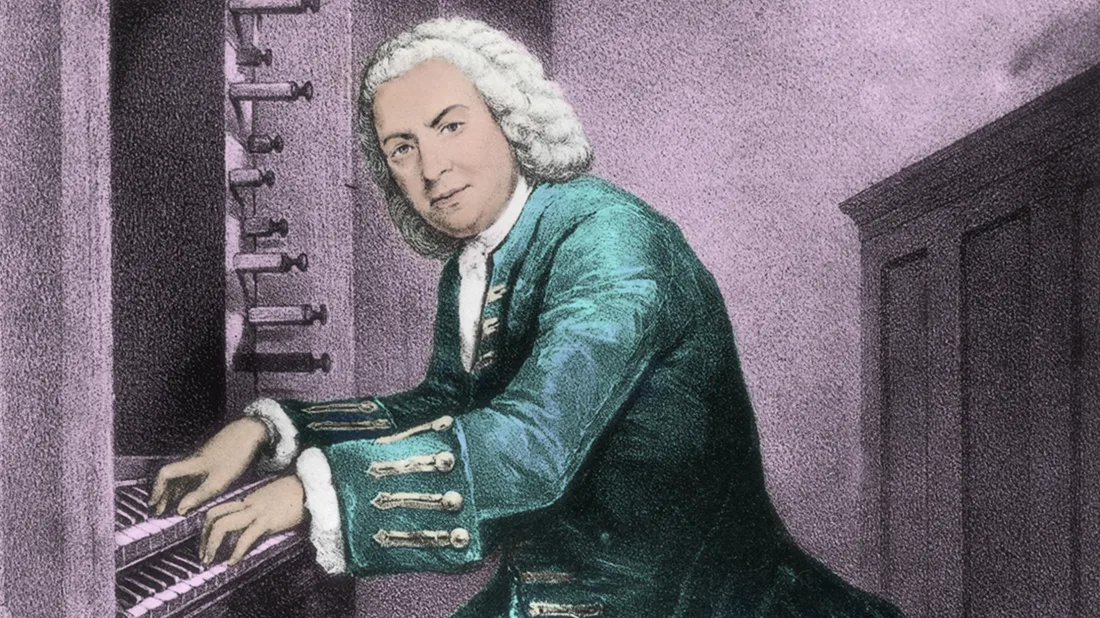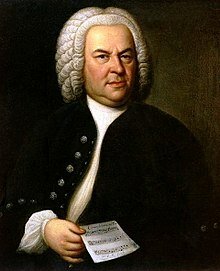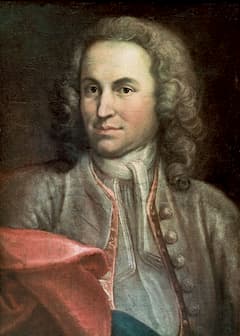Bach
Charles Gounod took the first prelude of Bach’s Well-Tempered Klavier and started noodling around on it, and his piano teacher, Pierre Zimmerman, with whom he was studying at the Paris Conservatoire, took note of it. J.S. Bach: The Well-Tempered Clavier,
Of course, Bach didn’t know about Corona. But he certainly knew about hardship, depression, disease and death. In fact, Bach and his family endured extended periods of tragedy and loss. Bach had twenty children by two wives, but ten children
As Benjamin Franklin famously said, “…but in this world nothing can be said to be certain, except death and taxes.” And while the mega rich have long attempted to find ingenious ways of avoiding tax payments, during Johann Sebastian Bach’s
Bach is often considered as the father of Western classical (and popular) music. His influence is great and still resonates today. Through a vast creative output Bach consolidated the rules of rhythm, melody and harmony, as well as improvisation and
For over three centuries, Bach’s music has fascinated both musicians, composers and performers, and listeners. It seems like his music never ages and finds context in each century, generation after generation. Musicians from all genres—from classical to popular music—learn from
We always think of J.S. Bach as a thoroughly German composer and always in terms of his own family – who he married, how many children he had, what those children did – but we rarely think of him in

